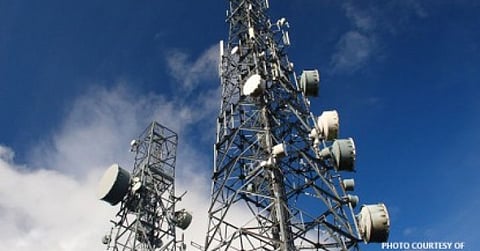
- NEWS
- the EDIT
- COMMENTARY
- BUSINESS
- LIFE
- SHOW
- ACTION
- GLOBAL GOALS
- SNAPS
- DYARYO TIRADA
- MORE

A consumer advocacy group has expressed concerns about a proposed telecommunications bill, warning that it could exacerbate the existing digital divide in the country.
In a statement, CitizenWatch Philippines stressed that the proposed measure – the Konektadong Pinoy Act -- fails to include provisions that would mandate new players in the industry to invest in underserved rural areas.
According to the group's convenor Orlando Oxales, there is a concern that the measure’s focus on relaxing restrictions for new entrants could lead to a concentration of resources in more profitable urban markets.
"Rural and remote communities could be left further behind as new players focus on more profitable urban markets," said Oxales.
He also warned that aggressive pricing strategies by new entrants could force existing telcos to cut costs and reduce investments in critical infrastructure, hindering expansion in geographically isolated and disadvantaged areas (GIDAs).
The Philippines currently has a significant digital divide, with only 73.6 percent of the population connected to the internet, according to DataReportal. Experts predict that it will be until 2028 before 98 percent of Filipinos have access to an internet connection.
The slow internet speeds in the country, currently ranked 41st in the world, are a major obstacle to economic growth and social progress, according to Professor Dindo Manhit of the Stratbase research tank.
To recall, the World Bank has urged Philippine policymakers to prioritize reforms and invest more in broadband infrastructure to address the digital divide and improve opportunities for all citizens.
